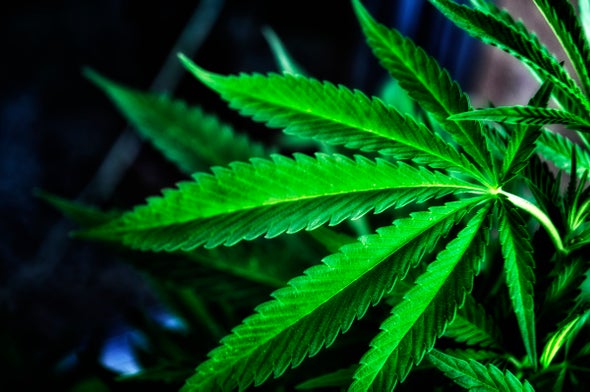Many studies show that teens who use marijuana face a greater risk of later developing schizophrenia or symptoms of it, especially if they have a genetic predisposition. For instance, one 15-year study followed more than 45,000 Swedes who initially had no psychotic symptoms. The researchers determined that subjects who smoked marijuana by age 18 were 2.4 times more likely to be diagnosed with schizophrenia than their nonsmoking peers, and this risk increased with the frequency of cannabis use. The connection still held when researchers accounted for participants' use of other drugs.
Yet despite these results and an uptick in marijuana use in the 1970s and 1980s, other researchers have not uncovered an increase in the incidence of schizophrenia in the general Swedish population—suggesting that perhaps people who were going to develop schizophrenia anyway were more likely to use marijuana. Another study, conducted in Australia over a 30-year period, also found no increase in schizophrenia diagnoses among the general population, despite rising rates of teen marijuana use. These authors concluded that although cannabis most likely does not cause schizophrenia, its use might trigger psychosis in vulnerable people or exacerbate an existing condition.


